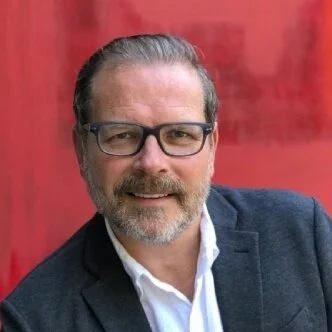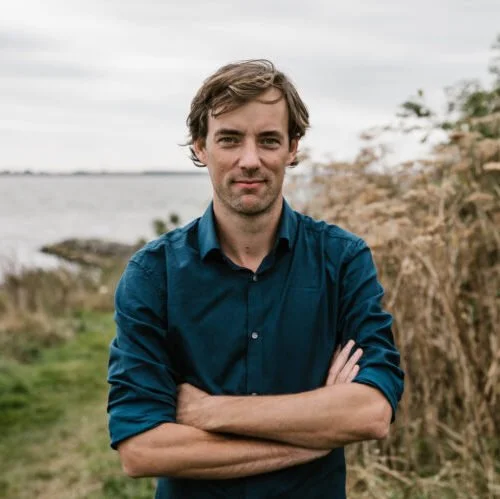(Highlights) BILL HARE
/Founder & CEO of Climate Analytics · Physicist · Climate Scientist
Net-zero is a big idea. It’s a big theme. And, unfortunately, what's going up are many ways to look like you're doing net-zero when you're not. So in the ideal world, getting to net-zero means essentially reducing your emissions, and then, where you have residual emissions left, that means you might need to have negative emissions. For example, it's relatively easy to decarbonize the power sector completely, and you can do it quickly and cheaply in most places, but you’re always going to be left with some levels of emissions from agriculture.





















